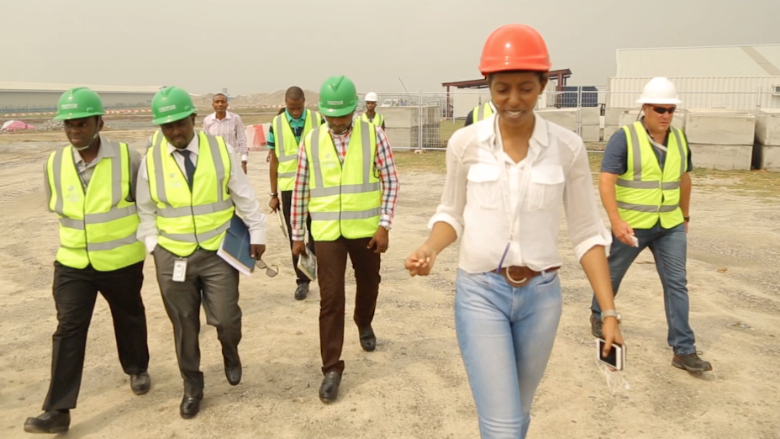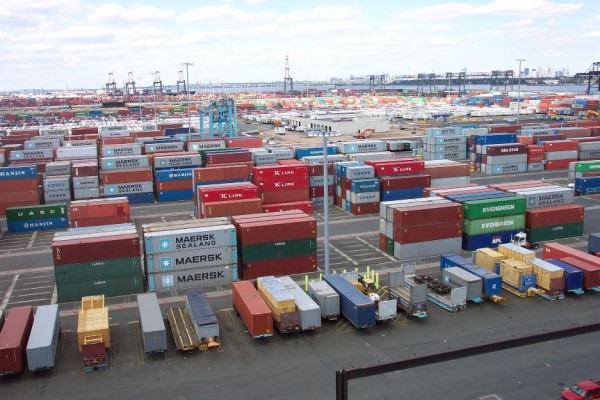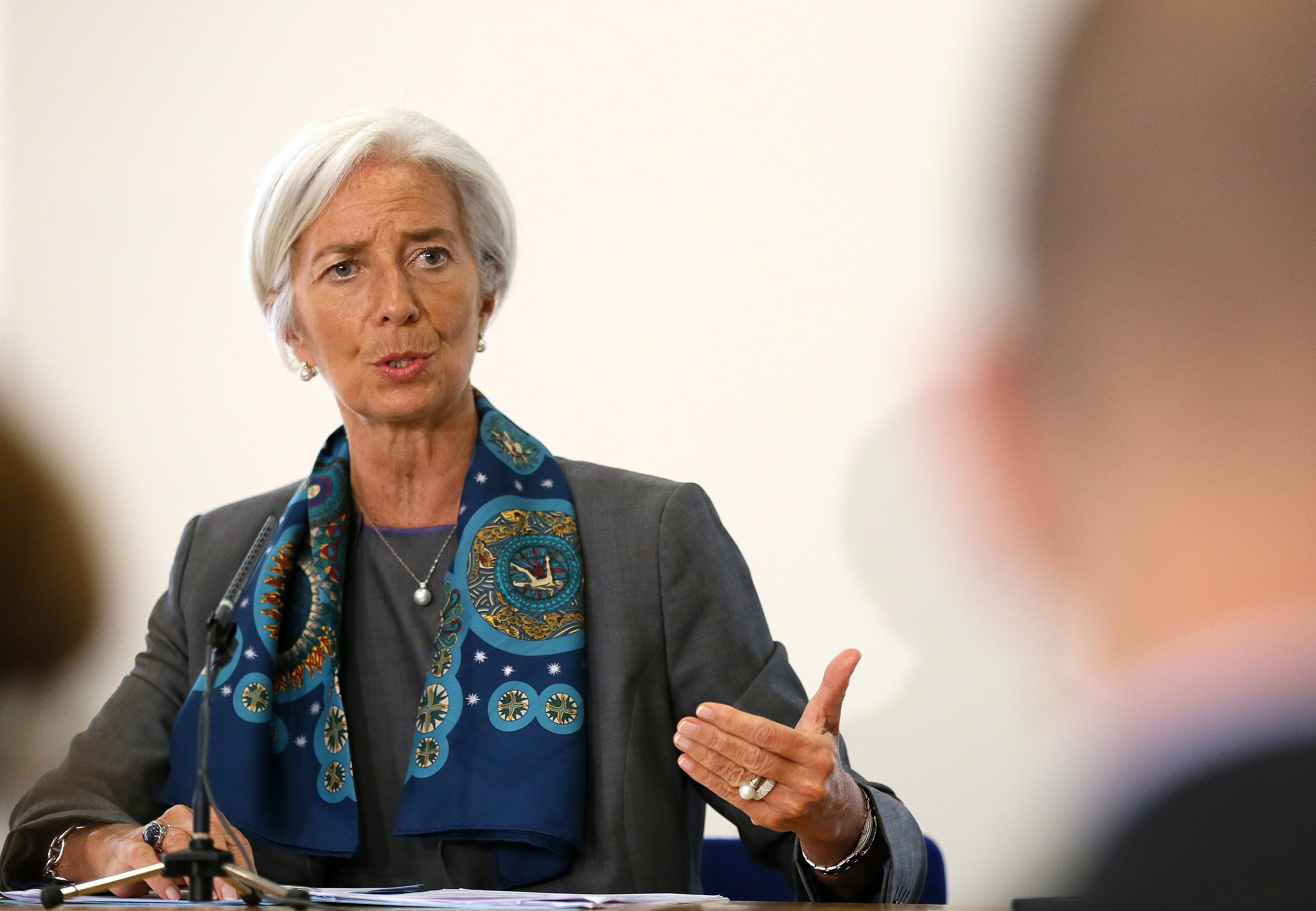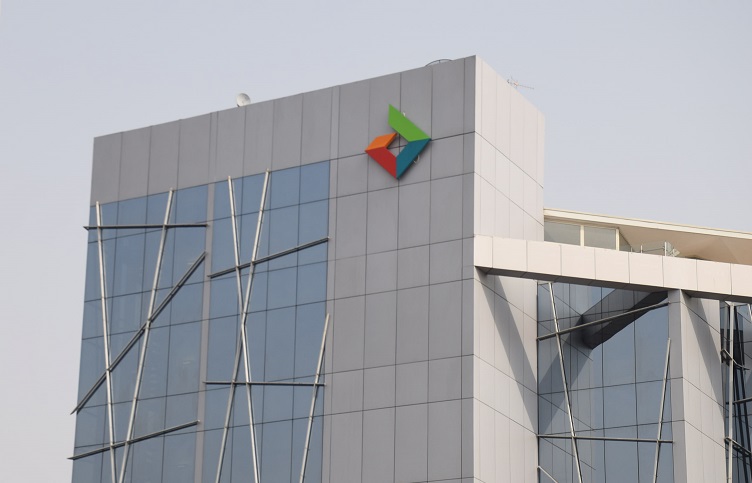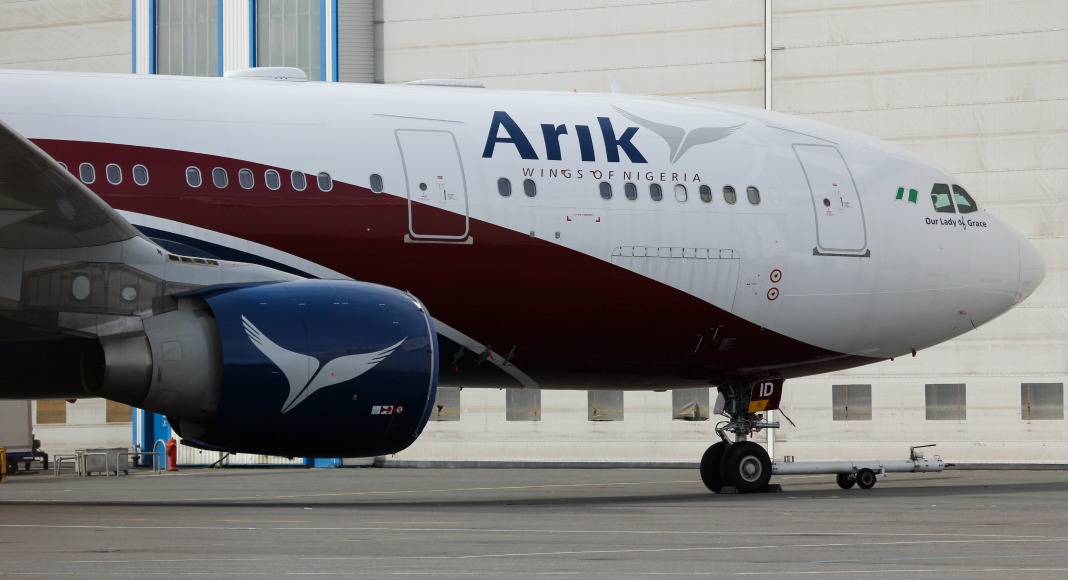Amy Jadesimi, managing director of Lagos Deep Offshore Logistics Base (LADOL), says it took 17 years for the company to transform a “disused swamp” to a free zone.
In an interview with Forbes, the 43-year old said LADOL has risen above challenges to operate the free zone, which is Nigeria’s “first privately-developed port terminal”.
“It is 100% Nigerian-owned, the first privately developed Port Terminal and the first sustainable industrial free zone,” she said.
“It has taken 17 years to reach this stage of development and along the way we have overcome horrendous hurdles.
Advertisement
“However, we prevailed because of our sustainable business strategy, which offers our clients 50% cost savings, while maximizing the number of Nigerians that are employed and enabling technology transfer.”
Jadesimi wears many hats, having trained as a medical doctor from Oxford University, and working as an investment banker at Goldman Sachs before returning home in 2009 to take the reins as chief executive officer of LADOL.
She said in addition to her knack for business, working at Goldman Sachs and taking her MBA at Stanford University prepared her for the role in LADOL.
Advertisement
“I learned a lot while I was working in investment banking and realized that I wanted to do something industrial, related to creating real jobs, so I stayed in banking for three years,” she said.
“Goldman taught me how a range of companies work, how the markets work and prepared me to manage LADOL, a company that has a large and diverse set of departments – from security to logistics to maintenance.
“Stanford is a great school for entrepreneurs and it prepared me to work in Nigeria – where we have to be self-reliant a lot of the time. Especially working for a company like LADOL, that is achieving so many firsts.”
Speaking on LADOL’s future plans, Jadesimi said the company plans to expand into eight different sectors– ranging from agriculture to clean technology.
Advertisement
She said the chosen sectors “fit best into our circular economy within the zone”.
“We believe that commodity-rich countries, such as Nigeria, can use their natural resources to develop a diverse set of industries. LADOL is the first and largest example of that development model in action,” she said.
